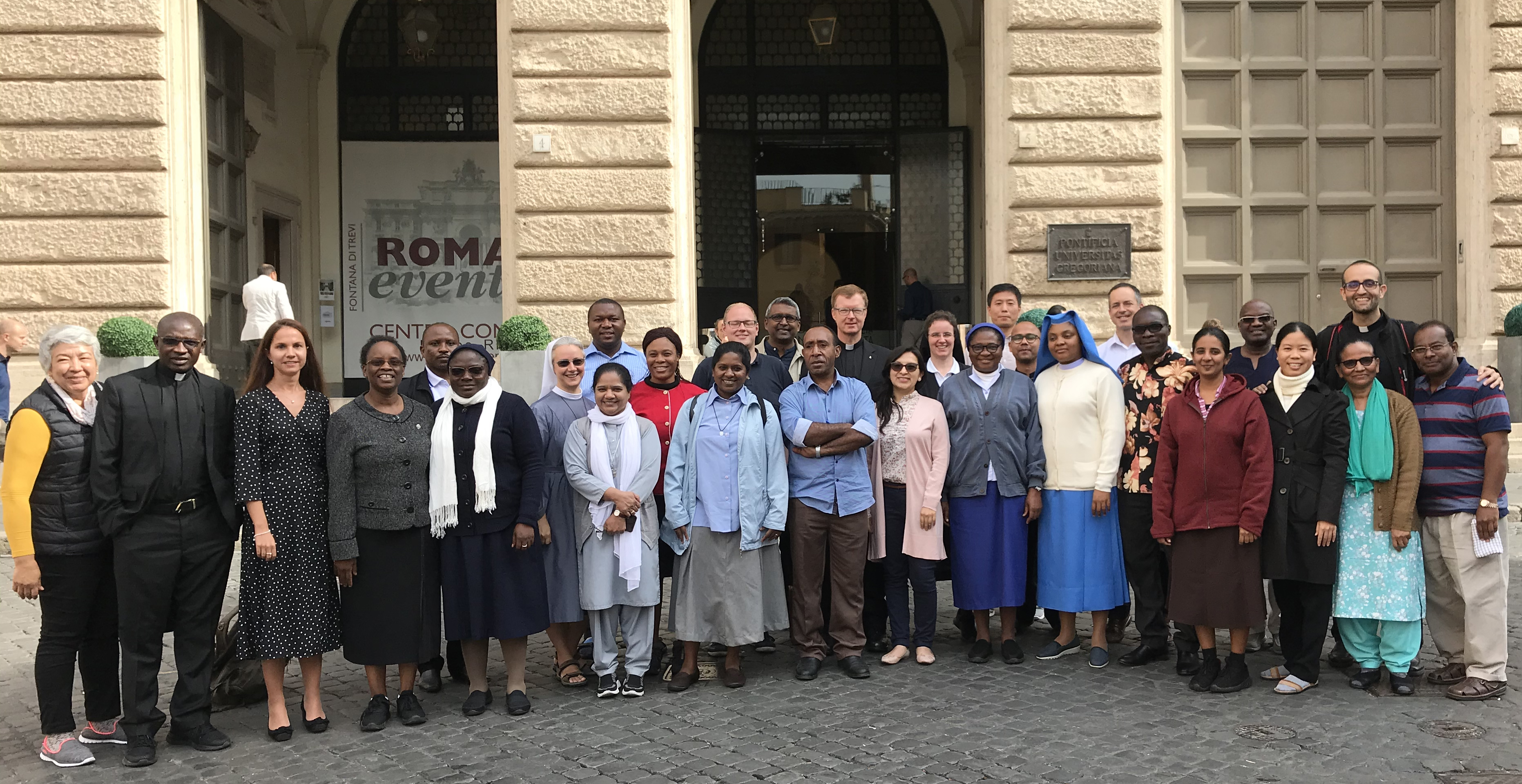
Nigerian Students Outline Their Plans Following Safeguarding Diploma Course
Editor’s Note: We now begin a series of posts written by students about their experiences in our Diploma course and what their hopes are following the end of the program.
The issue of sexual abuse has shaken Catholic Church globally. It may be more pronounced in one part of the world than another, but it is still an issue that adversely affects the Catholic Church worldwide. The country of Nigeria, home to three current CCP diploma students, has had and is still having to deal with such issues. Besides just dealing with the issue on a case-by-case basis as it arises, the Nigerian Catholic Church is also taking a preventative approach on the matter. Churches and dioceses in Nigeria are tackling the problem on a local level. In addition to this narrowed-in approach, the Catholic Bishops Conference of Nigeria (CBCN) has taken yet another step forward. As a representative body, it has selected three people to follow a five-month course at the Pontifical Gregorian University, Rome, to study sexual abuse and the safeguarding of minors and vulnerable adults. The three people selected are Rev. Fr. Olufemi Michael Akintolu, Rev. Sr. Maureen Lina Mariet Akabogu IHM, and Rev. Fr. Daniel Kyom, each chosen to represent one of the three old Nigerian Provinces: Lagos (Western Nigeria), Onitsha (Eastern Nigeria), and Kaduna (Northern Nigeria), respectively.
Participants in the course come from all over the world, representing the five major continents. This furthers the global nature and depth of understanding of both the issue of sexual abuse as well as the Catholic Church’s response to it, how the Church offers assistance to victims, and how it plans to prevent future abuse from happening. The participants experience both a theoretical approach to learning about the issue and a practical approach through group discussions in which they share and exchange experiences and knowledge regarding abuse in their home countries. Students also hear victims’ abuse stories, making the learning experience even more powerful.
Upon their return home, after the successful completion of the course, the three CBCN representatives, together with other trained personnel, will assist in the evaluation and better formulation of existing policies in the Nigerian dioceses, as well as aid in a national response to the abuse crisis and the creation of a preventative framework. This, no doubt, will be an on-going exercise. The group hopes to also regularly organize seminars, lectures, and workshops for clergy, religious, and lay people.
Written by: Rev. Fr. Olufemi Michael Akintolu, Rev. Sr. Maureen Lina Mariet Akabogu IHM, and Rev. Fr. Daniel Kyom

